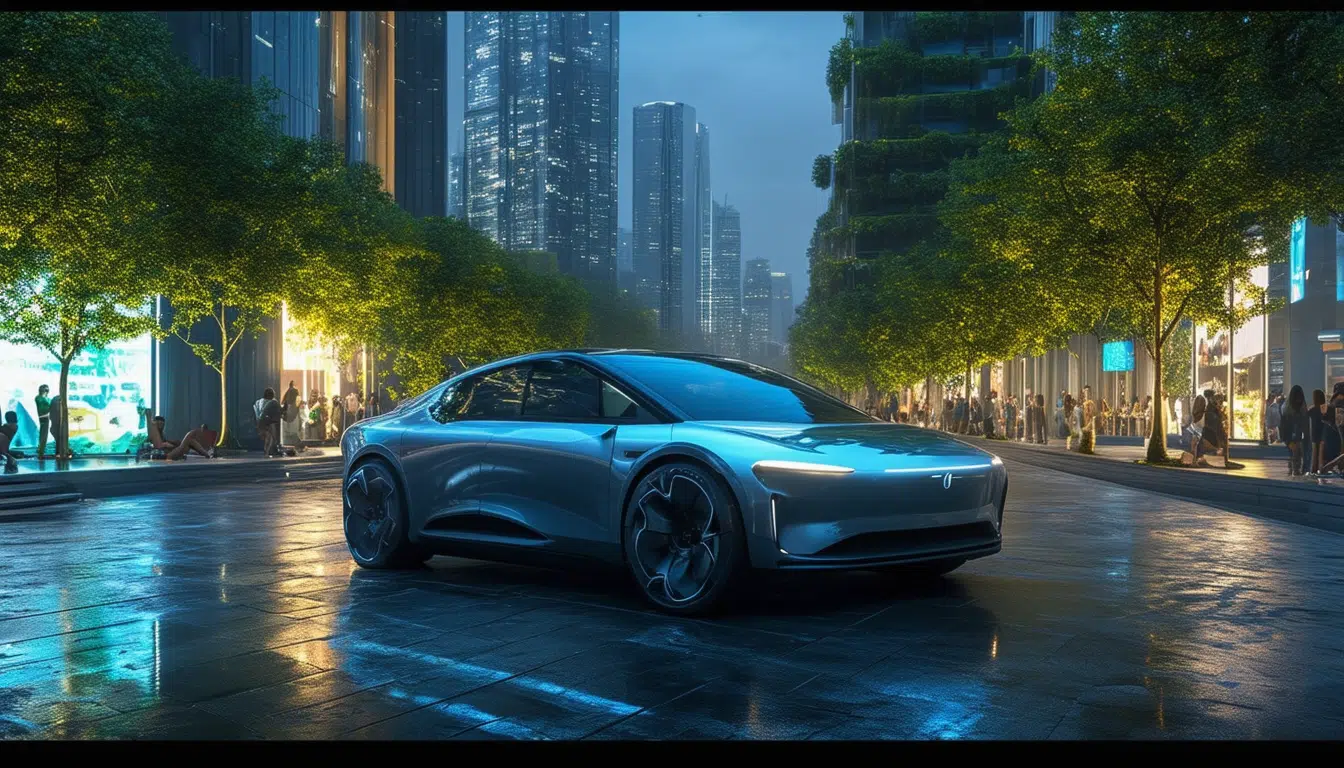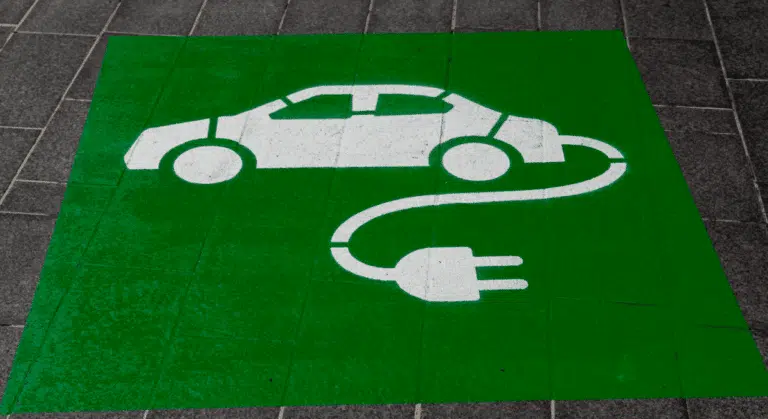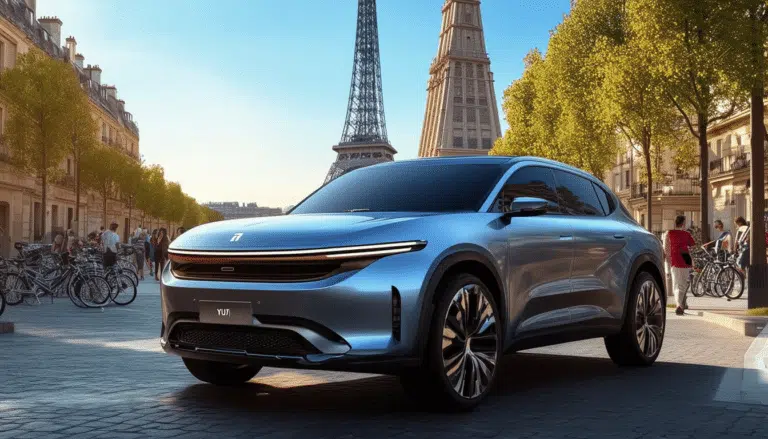Exploring the future of hybrid cars

The future of hybrid cars in Spain presents itself as a horizon of sustainability and advanced technology. While many automotive technologies struggle to adapt to new environmental regulations, hybrids manage to maintain a balance between efficiency and environmental impact. Recent innovations in hybrid engines not only enhance the driving experience but also promise to extend the lifespan of these vehicles for almost three decades. With growing acceptance in the market, hybrids represent an essential bridge towards cleaner and more efficient transport, ensuring drivers options that reduce their carbon footprint and offer fiscal and economic benefits.
The future of hybrid cars in Spain is presented as a fascinating topic that deserves exploration. With the increasing demand for vehicles that combine sustainability and efficiency, hybrids are in the spotlight. This article explores the trends of hybrid technology, its impact on the automotive market, and the advantages it can offer consumers compared to conventional gasoline or diesel vehicles.
The Technological Advancement of Hybrid Cars
Hybrid cars have evolved significantly in terms of energy efficiency and driving experience. Companies like Toyota have led this advancement, focusing on optimizing the technology of their hybrid models to achieve smoother and more economical driving. The use of technologies like regenerative braking allows recovering energy that would otherwise be lost, further improving vehicle performance.
Is a Hybrid Car Worth It? Evaluating the Investment
When considering the purchase of a hybrid car, it’s crucial to evaluate its profitability. These vehicles tend to retain their value better than traditional ones, which can be a significant advantage if you plan to sell it in the future. Additionally, the tax benefits and fuel savings that hybrids offer contribute to a more prudent investment.
The Rise of Hybrid Cars in Spain
The rise of hybrid cars in Spain is a clear response to the increasing demand for more sustainable options. These vehicles represent a firm step towards a cleaner future; however, it is essential to ensure that the sustainability benefits they promise are fulfilled in the long term.
Conventional Hybrid Cars: The New Diesel
Amidst the transformation of the automotive sector, conventional hybrid cars stand out as a revolution unanticipated by many. These vehicles challenge expectations by offering a viable alternative to the declining diesel engines, marking a new beginning in emission regulations.
Comparison with Other Types of Vehicles
When considering the acquisition of a vehicle, the choice between a hybrid car, a plug-in, or an electric one is crucial. Self-recharging hybrids are the most economical option for urban use, combining the mobility of a combustion engine with the advantages of an electric motor. Analyzing the differences and characteristics of each type of vehicle can help you make an informed decision that suits your needs.
The Impact on Sustainability
Sustainability is a key factor when considering the future of hybrid cars. These vehicles not only offer significant reductions in harmful gas emissions, but they also help decrease the user’s carbon footprint, thus contributing to a cleaner and healthier environment.
Innovations and Future Trends
With an eye on the future, innovative technologies continue to emerge. For example, Peugeot has developed a 48-volt technology for its hybrids, matching the performance of Full Hybrids. Such advancements give hybrid cars a competitive edge in the automotive market, ensuring their relevance and potential in the years to come.
For those interested in a broader perspective, you can discover how Peugeot’s hybrid cars match the performance of their rivals in this dedicated article. Additionally, various platforms offer articles that explore the secrets of the automobile in a more global context.
Future Perspectives of Hybrid Cars
Hybrid cars are positioning themselves as a viable solution towards a more sustainable future. With technology that has advanced significantly in recent years, these vehicles have proven to be more than a passing trend. From improved fuel efficiency to optimized driving experience, hybrid vehicles are at the center of automotive innovation.
The development of more efficient engines and regenerative braking systems is allowing hybrids to offer superior performance compared to traditional combustion engines. Furthermore, with the global trend towards reducing gas emissions, hybrids present an attractive option, especially in cities with pollution restrictions.
Despite concerns about their lifespan, projections show that hybrid cars can remain operational until 2039, making them a valuable investment for consumers. This adds to the fact that their resale value tends to be more stable than that of their gasoline or diesel counterparts.
In Spain, the rise of hybrids reflects a growing commitment to a more ecological mobility paradigm. However, it is imperative to ensure that the benefits of this transition are not only seen on paper but also materialize in the everyday lives of users. The increase in demand for sustainable vehicles presents a clear call to the automotive industry to continue innovating and improving.
In summary, hybrid cars present a promising path towards a cleaner and more efficient industry. With the growing acceptance and adoption in the market, the journey towards a hybrid future seems inevitable. As technologies continue to mature, hybrids could very well become the norm, rather than the exception, on our streets.





